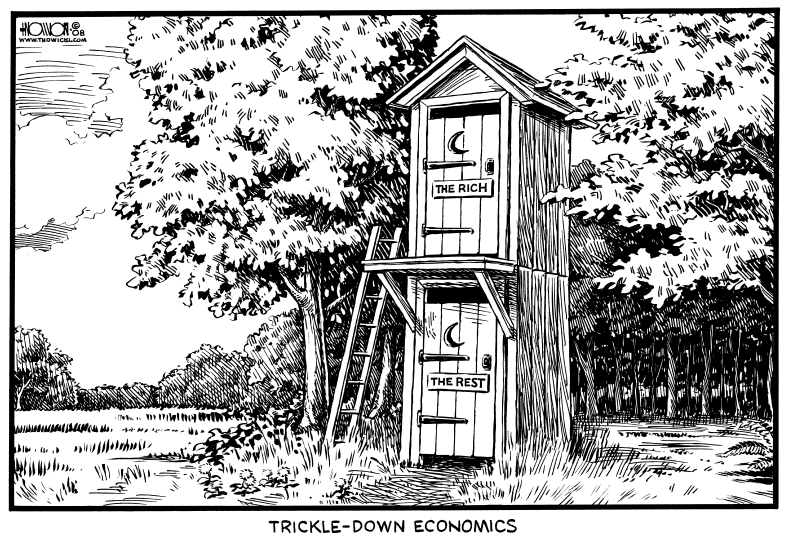How to Save the World
In my family, both of my parents are dying and my
grandchildren are about to inherit the earth. Dad spent many years on an assembly
line making cars. I worked at refineries making gasoline. He enjoyed traveling
and drove to California 23 times, just for starters. I live in a very small
rural town and don’t think twice about driving 60 miles round trip just for a
special supper out. Have we made it more unlikely that our children’s children
will have a world worth inheriting?
Thinking about the many issues of ecology and economics
makes my head want to explode. Nevertheless, somehow, it still seems important
enough to try to wrap my mind around it. If not for me, than for the ones I
love. It turns out that smart people of good will are actually starting to get
a handle on all of this. Some scientists are focusing on barely-imaginable
details. Other researchers are backing off far enough to get an overall picture
of the entire forest of environmental and social issues.
Surely, it is obvious that our finite world cannot sustain
infinite growth. We must discover, meet and deal with limits to growth. Yet, we
continue to expect that every nation’s Gross Domestic Product (GDP) must always
continue to grow to provide improving standards of living for a growing percent
of our populations. Something has to give.



